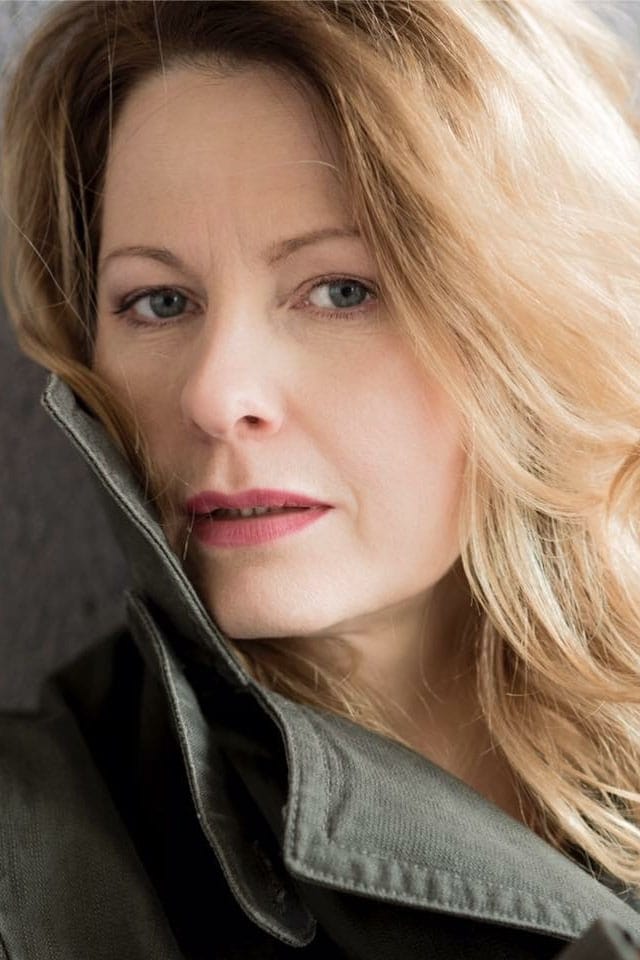
Jacek is a foodie, gay and Warsaw bon vivant who has his own TV show, several similarly eccentric close ones around him and self-destructive tendencies. A dramedy that makes fun of the Polish artistic elite, for whom Warsaw is “the only real Polish city”, cannot be compared to other shows. It is the authorial work of playwright and screenwriter Pawel Demirski. He wrote it from the beginning with the intention of presenting a hero contrasting with the burnout syndrome often felt today - a vital madman who believes the best is yet to come.
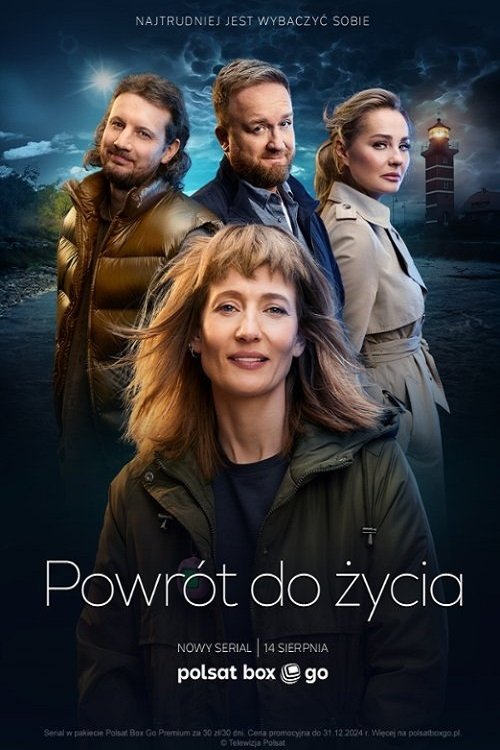
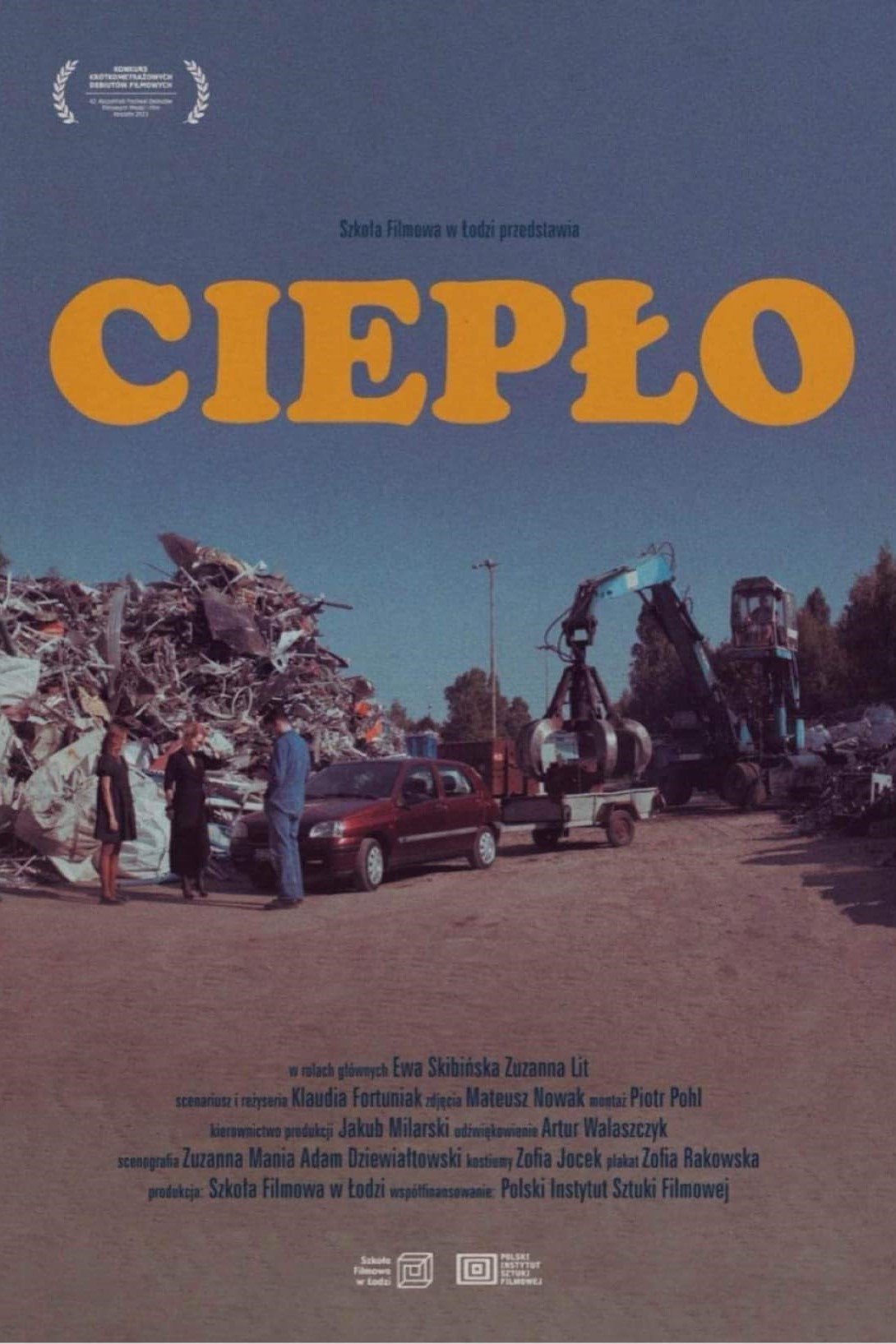
Mother and daughter are going to a funeral. The mother is taking away the coal furnace for scrap that day, and the daughter is wearing brown tights. The stove turns out to be heavy and tights inadequate for the ceremony.

Bartek lives in a village in the Podhale region, where he runs a small farm and takes care of his lonely and possessive mother. One day he meets Dawid, a slightly older man who comes to visit his family after many years of absence. Affection quickly develops between the two, followed by desire that Bartek suppressed for years.
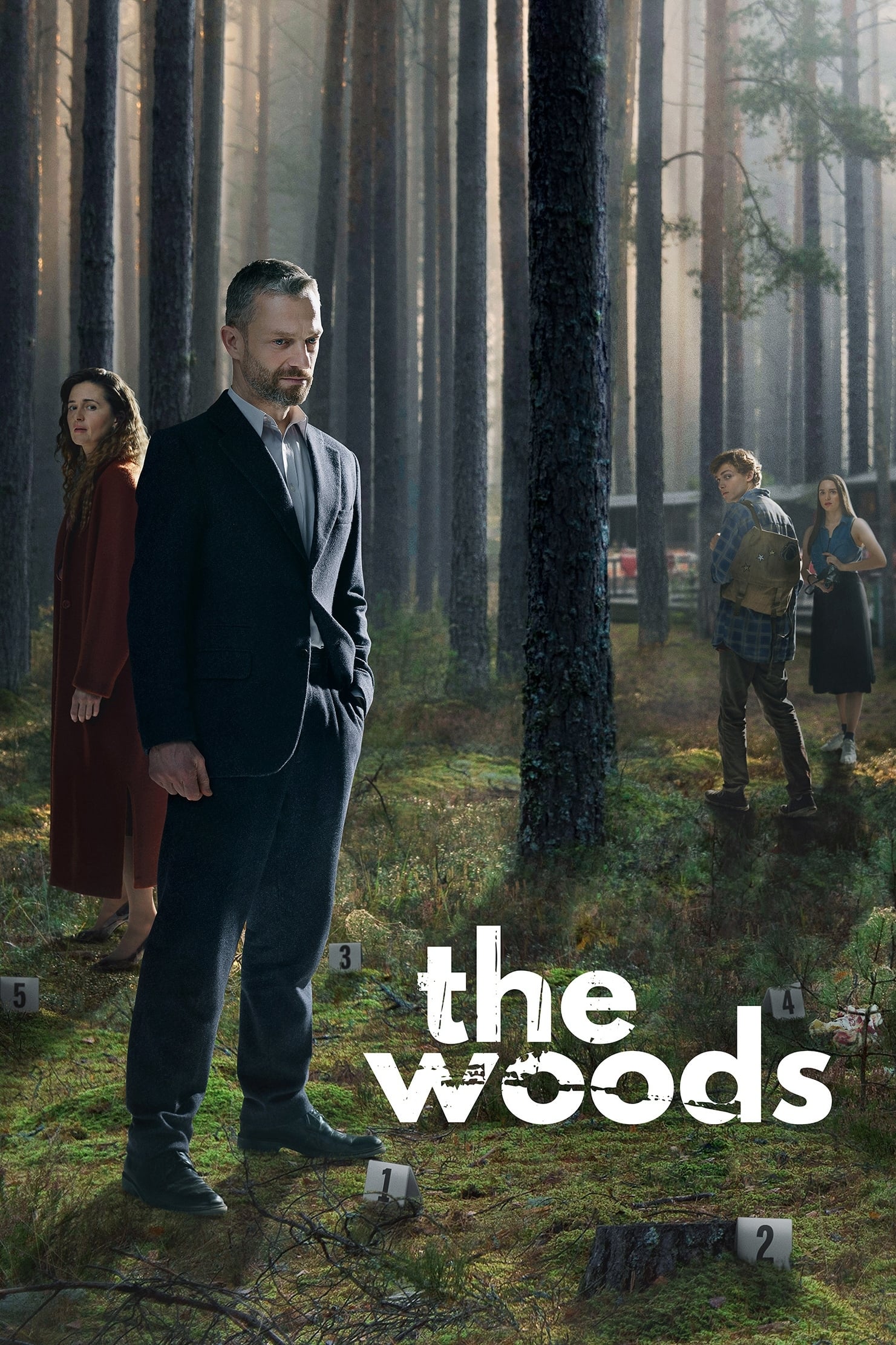
A Warsaw prosecutor's hopes rise when a body is found and linked to his sister's disappearance 25 years earlier.

Maciek (35), tricked by his boss, steals his boss's car and goes on a desperate joyride across. He drives across the interior of Poland, where people are preparing for a celebration of an unspecified anniversary. In the meanwhile, Magda (35), a Town Hall employee in charge of the anniversary events, Highly committed at first, gradually notices all the dirt and corruption around her. At some point, she must choose between her career and integrity, whether she should accept it or risk her career and leave. Finally, on the celebration day, Maciek and Magda finally meet. Will it change anything for them?
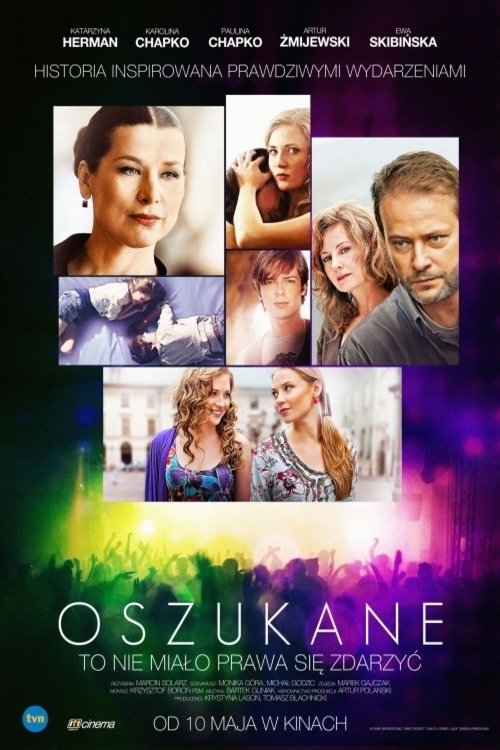
Two very similar teenagers discover that they are sisters. They were separated in the hospital and went to live with two different families.
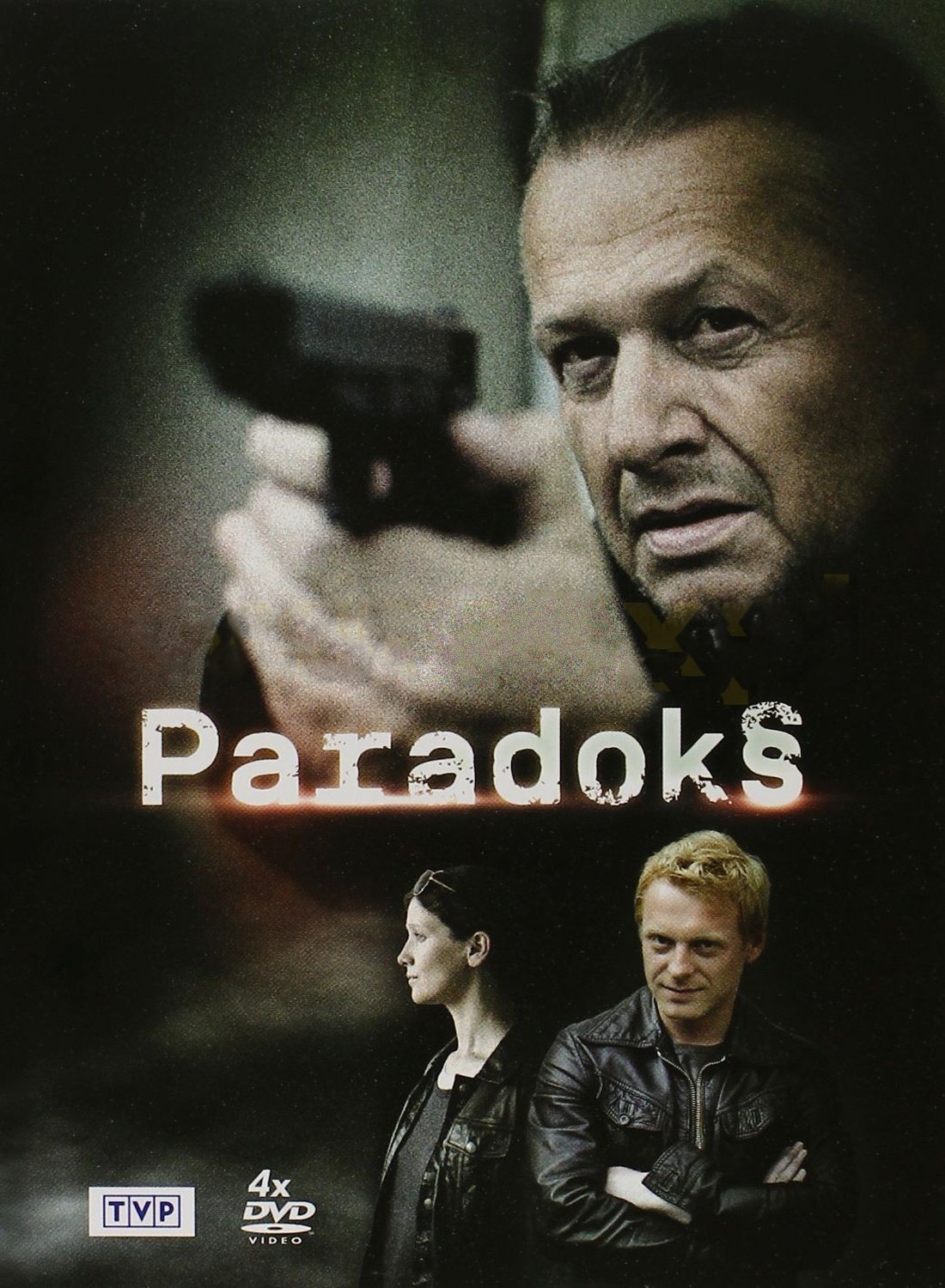
A bright, young officer joins General Police Headquarters to investigate one of its lead inspectors and the criminal cases he's working on.
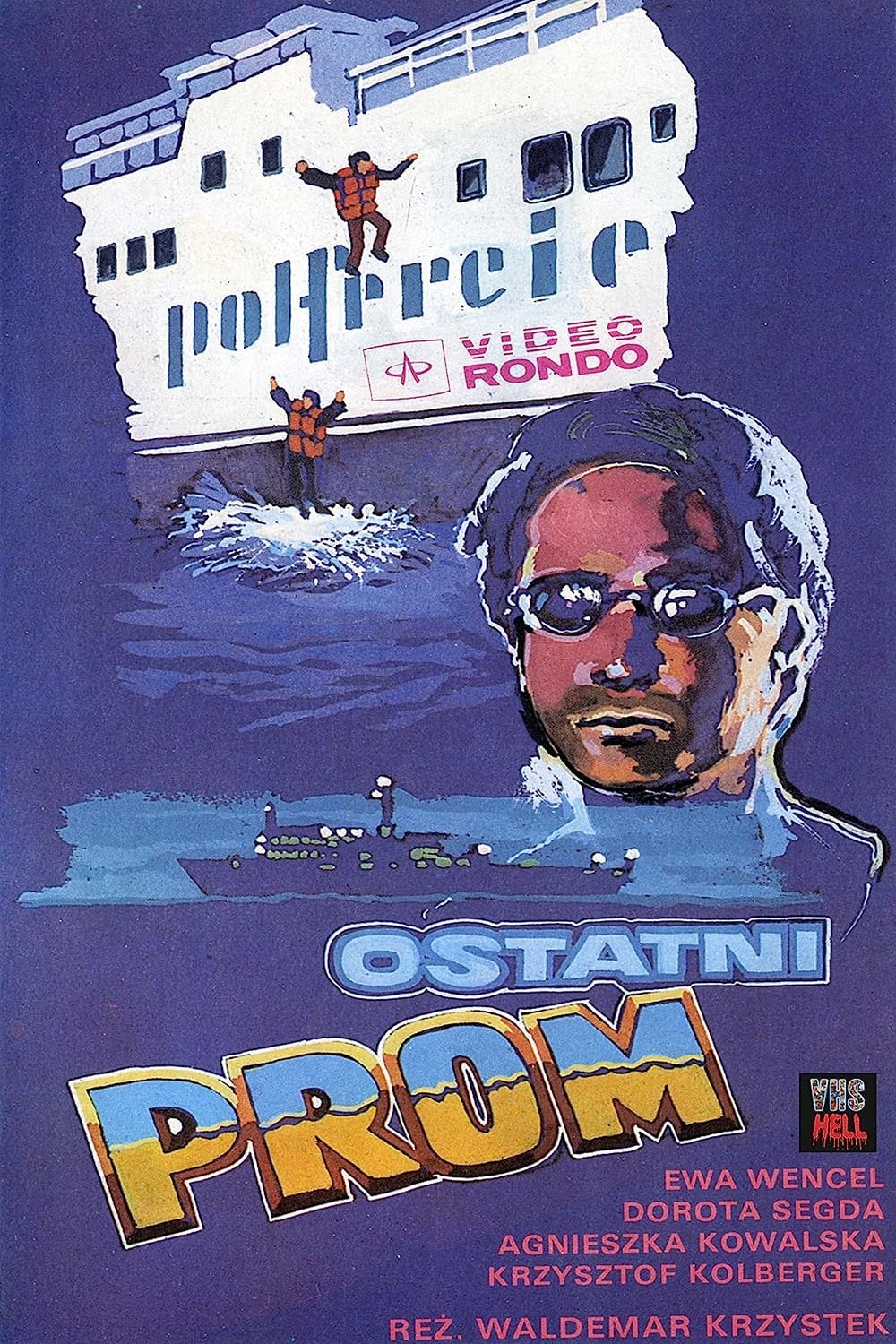
One of the passengers on a ship carrying Poles on a cruise in December 1981 is a dissident high school teacher sent abroad by Solidarity. He is under surveillance of the secret police, anxious to get their hands on the info that he is carrying. When the ship is in the middle of the Baltic sea, martial law is declared and the ship is militarized. The captain announces he will turn and return the home port. Many anguished passengers put the life vests on and jump into the sea, where they are picked up by two German ships. The teacher, however, decides to return to Poland and continue the struggle for freedom.
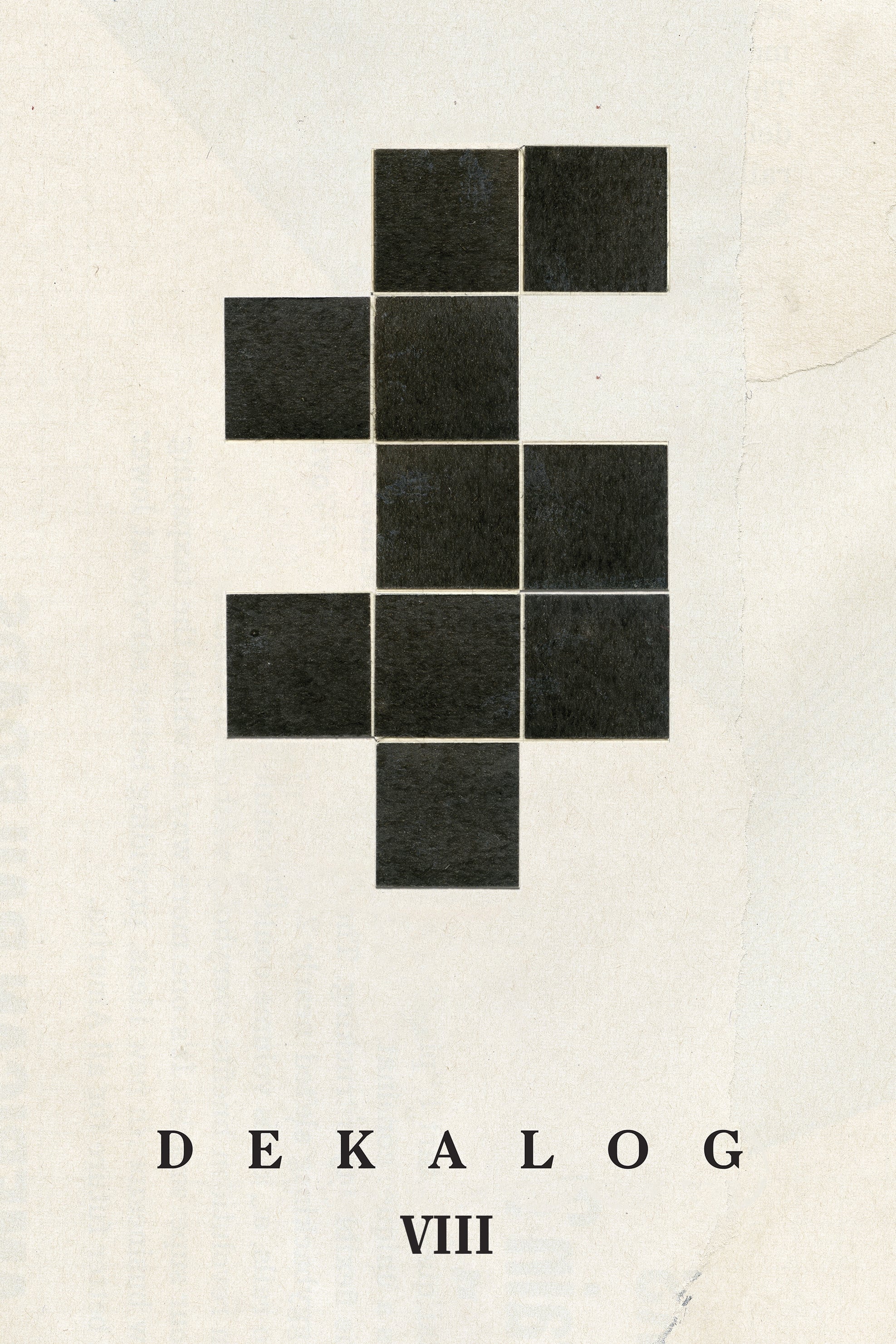
Zofia, a professor of ethics, is visited by Elżbieta, an American researching the fate of Jews who survived World War II. A daytime classroom conversation turns into a night of confrontation, and Zofia is forced to answer for a decision she made decades ago that directly affected the course of Elżbieta’s life.
By browsing this website, you accept our cookies policy.